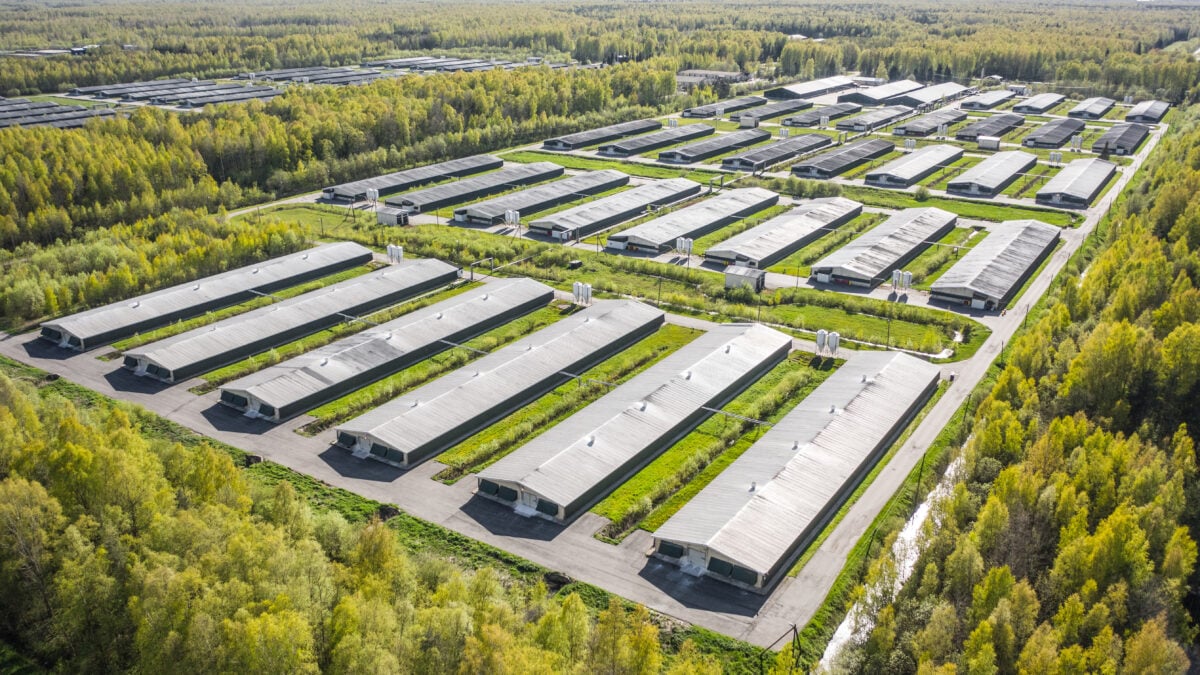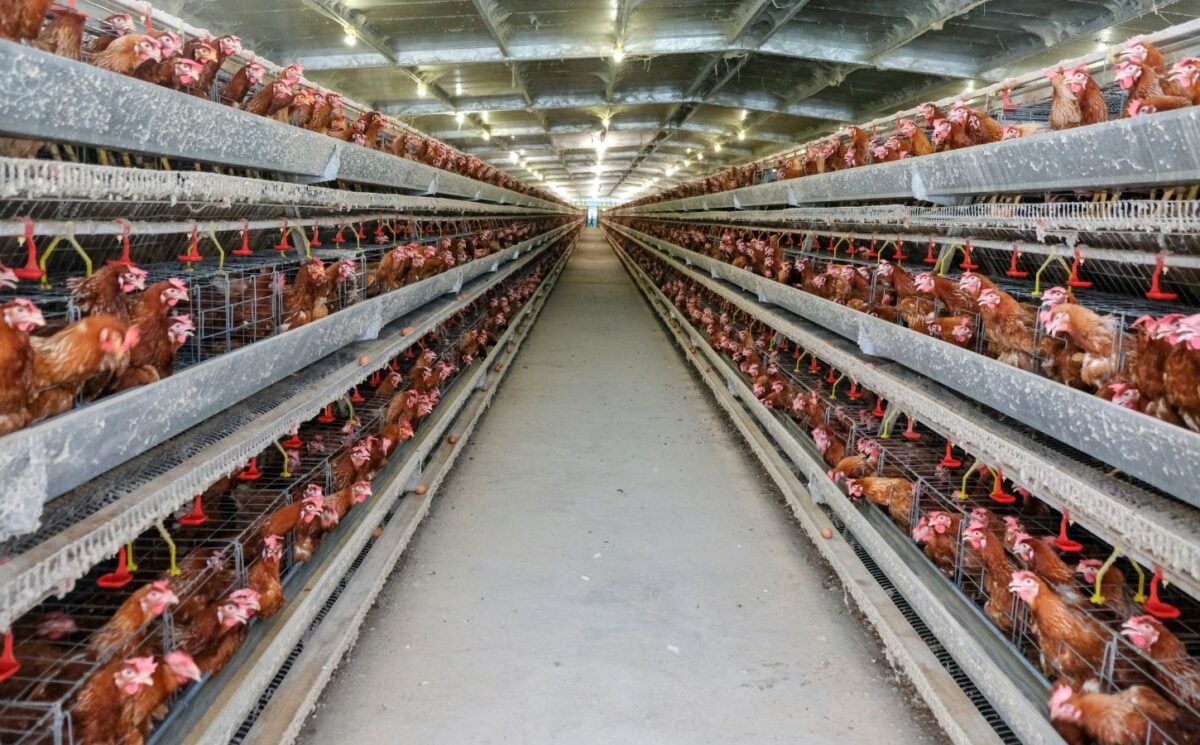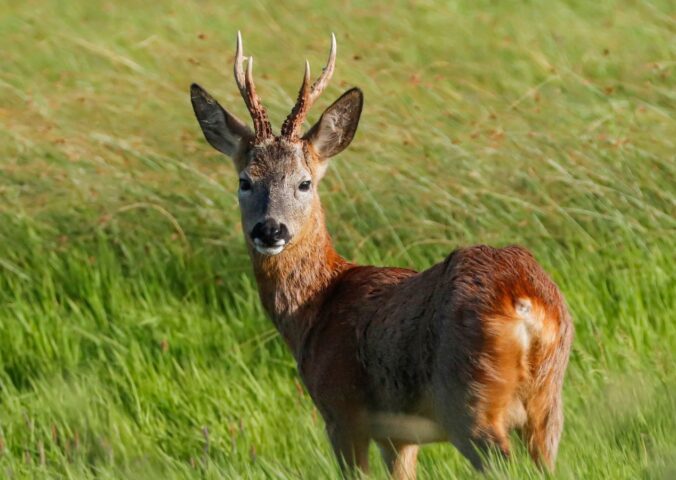A meat industry executive has said that UK megafarms “aren’t particularly big” when compared with those located in the US, South America, and China.
Nick Allen, chief executive of the British Meat Processors Association (BMPA), spoke with Food Ingredients First earlier this month to discuss the growth of UK megafarms and related issues such as animal welfare and the climate crisis. The industry is currently worth around £12 billion (USD $16 billion), and there were nearly 12,000 megafarms in the UK as of 2023.
Read more: The ‘Shocking’ Rise In US-Style Mega-Farms In The UK
When asked about the emergence of UK megafarms, Allen said: “I think the first thing to say is that compared to what we’re competing against globally, these farms aren’t particularly big. In the US, South America, and China, many countries have much larger farms. […] The bigger you make them, the more sense it makes. But by international standards, they’re not especially large.”
He later added that megafarms make consistent animal welfare standards “easier,” and said that the UK has “some of the highest animal welfare standards in the world.” He also said the idea that meat production and consumption should be reduced to protect the planet is “dangerous,” and described abattoir hygiene as “stricter than hospitals.”
In May of this year, an abattoir was fined £47,000 for obstructing hygiene inspections. Also in May, a pig farm supplying major supermarkets like Asda, Morrisons, Sainsbury’s, and Tesco suspended operations after workers were filmed beating pigs to death. Meanwhile, a study from February reported that animal agriculture, not fossil fuels, is actually the leading cause of climate change.
Read more: Brits Being ‘Systematically Misled’ About Meat, Dairy, And Eggs, Study Finds
The far-reaching impact of UK megafarms

Allen’s comments come after plans for a new megafarm in King’s Lynn, Norfolk, were blocked by councillors due to environmental and climate change concerns.
The proposed farm would have been the largest of its kind in Europe, and able to rear nearly 900,000 chickens and pigs at any one time. Locals lodged more than 15,000 objections, and around 42,000 people petitioned against it. The WWF estimated that the proposed megafarm would have produced almost 50,000 tonnes of CO2 and 13 thousand tonnes of manure per year, a key contributor to waterway pollution.
Last year, Compassion in World Farming reported a 20 percent rise in US-style megafarms for chickens and pigs in the UK since 2016. Overall, more than 85 percent of farmed animals in Britain are currently raised on factory farms of some kind.
In general, factory farming has a disproportionate negative impact on the climate crisis, the environment, local people’s health and wellbeing, and animal welfare. It’s also expensive, and costs UK taxpayers more than £1.2 billion every year in subsidies that could otherwise support small farms and sustainable crops.
Read more: Switzerland Rolls Out Labels Flagging Animal Suffering In Food Products






